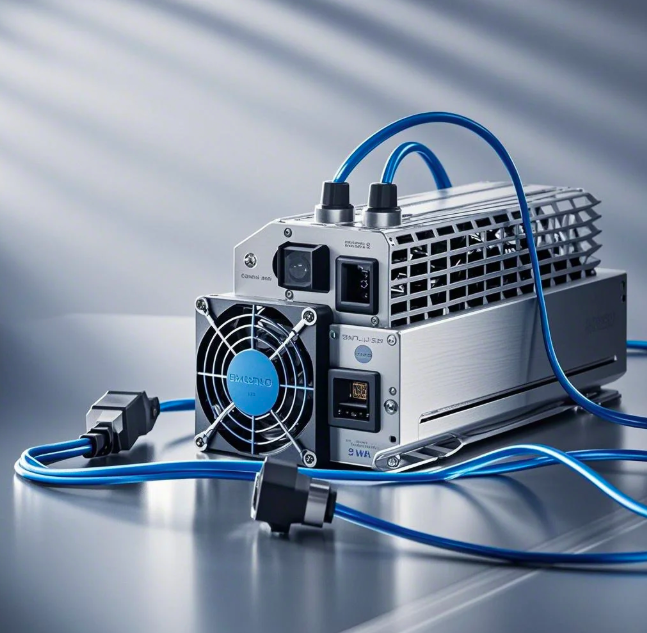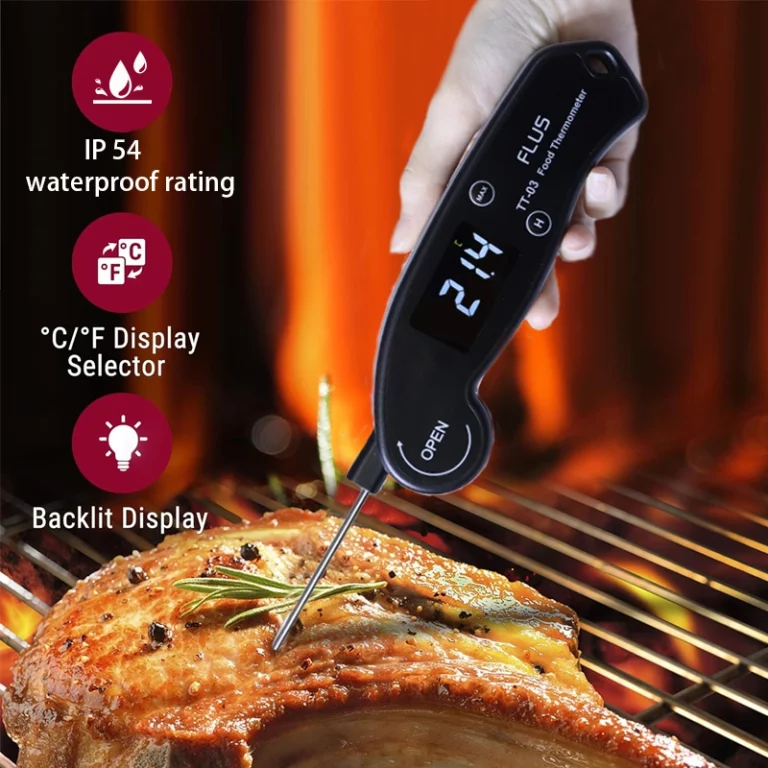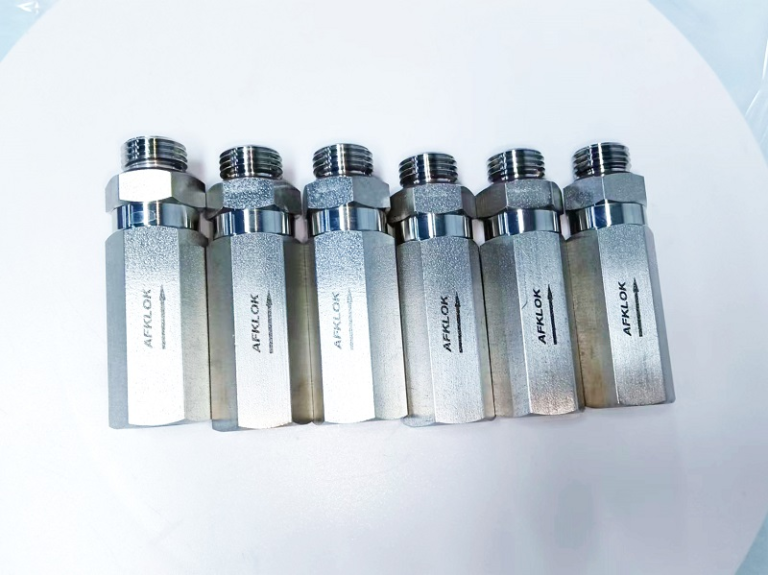目录
ToggleAs the world pays more attention to environmental protection and sustainable development, the precision machining service industry is also actively exploring new paths for green manufacturing and resource optimization. By adopting environmentally friendly technologies, optimizing production processes, and improving resource utilization, precision machining services are contributing to the sustainable development of the manufacturing industry. The following discusses in detail the practice and future development direction of precision machining services in green manufacturing and resource optimization.
Green manufacturing: reducing environmental impact
Green manufacturing is an important direction for the sustainable development of precision machining services. Through the following measures, precision machining services are reducing the negative impact on the environment:
- Energy-saving equipment: The new generation of CNC machine tools and processing equipment adopts high-efficiency energy-saving technology to significantly reduce energy consumption. For example, intelligent machine tools automatically enter low-power mode when idle, reducing unnecessary energy waste.
- Environmentally friendly materials: More and more companies are starting to use environmentally friendly materials, such as biodegradable coolants and low-pollution cutting oils, to reduce harm to the environment. These materials not only have excellent performance but also can be naturally decomposed after use, reducing pollution to soil and water sources.
- Clean production: By optimizing processing technology and introducing clean production technology, precision machining services reduce the emission of waste gas, wastewater, and solid waste. For example, the use of dry-cutting technology can avoid the use of cutting fluid, thereby reducing the cost of waste fluid treatment.
Resource optimization: Improving material utilization
Resource optimization is another key area for precision machining services to achieve sustainable development. Precision machining services are maximizing resource utilization through the following ways:
- Reducing material waste: By optimizing processing paths and using efficient tools, precision machining services have significantly reduced material waste. For example, the use of nested nesting software can optimize material layout before processing and maximize the use of raw materials.
- Waste recycling and reuse: Precision machining services classify and recycle waste materials such as metal chips and plastic chips generated during the processing process by establishing a waste recycling system. These recycled materials can be used to manufacture other products or put back into production as raw materials.
- Circular economy model: Some leading precision machining service providers are exploring circular economy models to extend product life cycles and reduce resource consumption by designing reusable products and components.
Digitalization and intelligence: improving resource management efficiency
Digitalization and intelligence technologies provide strong support for resource optimization of precision machining services. These technologies are improving resource management efficiency in the following ways:
- Real-time monitoring and data analysis: Through the Internet of Things (IoT) and sensor technology, precision machining services can monitor equipment operating status and resource consumption in real time. Using big data analysis, companies can identify resource waste links and take optimization measures.
- Intelligent scheduling and optimization: Artificial intelligence (AI)-driven intelligent systems can automatically generate optimal production plans based on production needs and resource availability, reducing resource idleness and waste. For example, intelligent scheduling systems can dynamically adjust processing sequences to minimize energy and material consumption.
- Predictive maintenance: By analyzing equipment operation data, precision machining services can predict equipment failures and arrange maintenance in advance to avoid resource waste and production delays caused by equipment downtime.
Green supply chain: promoting sustainable development of the entire industry chain
The sustainable development of precision machining services is not limited to the enterprise but also extends to the entire supply chain. Precision machining services are promoting the construction of green supply chains through the following measures:
- Green procurement: Select environmentally friendly raw materials and parts suppliers to ensure that every link in the supply chain meets the requirements of sustainable development. For example, give priority to purchasing environmentally certified materials and low-energy equipment.
- Collaborative emission reduction: Cooperate with upstream and downstream companies in the supply chain to jointly formulate emission reduction goals and action plans. For example, reduce carbon emissions during transportation by sharing logistics resources.
- Transparency and traceability: Use technologies such as blockchain to achieve transparency and traceability of the supply chain to ensure that the environmental impact of each link can be monitored and managed.
Innovative technology: Promote breakthroughs in green manufacturing
Precision machining services are promoting breakthroughs in green manufacturing through innovative technologies. The following are some potential technical directions:
- Additive manufacturing (3D printing): Compared with traditional subtractive manufacturing, additive manufacturing produces parts by stacking materials layer by layer, which significantly reduces material waste. Precision machining services combine 3D printing technology with traditional processing to achieve more efficient resource utilization.
- Green coating technology: By developing environmentally friendly coating materials, precision machining services can extend tool life and reduce the use of cutting fluids, thereby reducing the impact on the environment.
- Renewable energy application: Some companies are introducing renewable energy such as solar and wind energy into the production process to further reduce dependence on fossil energy.
Industry cooperation and policy support
The sustainable development of precision machining services is inseparable from industry cooperation and policy support. Here are some key initiatives:
- Industry-standard formulation: By formulating unified green manufacturing standards, the entire industry is driven toward sustainable development. For example, industry benchmarks for energy consumption and emissions are formulated to encourage companies to adopt more environmentally friendly technologies.
- Government policy support: The government can encourage companies to invest in green manufacturing technologies and resource optimization projects through tax incentives, subsidies, and special funding support.
- Corporate social responsibility: More and more companies are incorporating sustainable development into corporate social responsibility (CSR) strategies, and promoting the green development of the industry and society through public commitments and practical actions.
Conclusion
The sustainable development path of precision machining services is not only a response to environmental protection but also a strategic choice for the future development of the industry. Through the application of green manufacturing, resource optimization, digitalization, and intelligent technology, precision machining services are setting an example for the sustainable development of the manufacturing industry. In the future, with the continuous emergence of innovative technologies and the deepening of industry cooperation, precision machining services will continue to play a leading role in green manufacturing and resource optimization and contribute to the sustainable development of the global industry.
0








